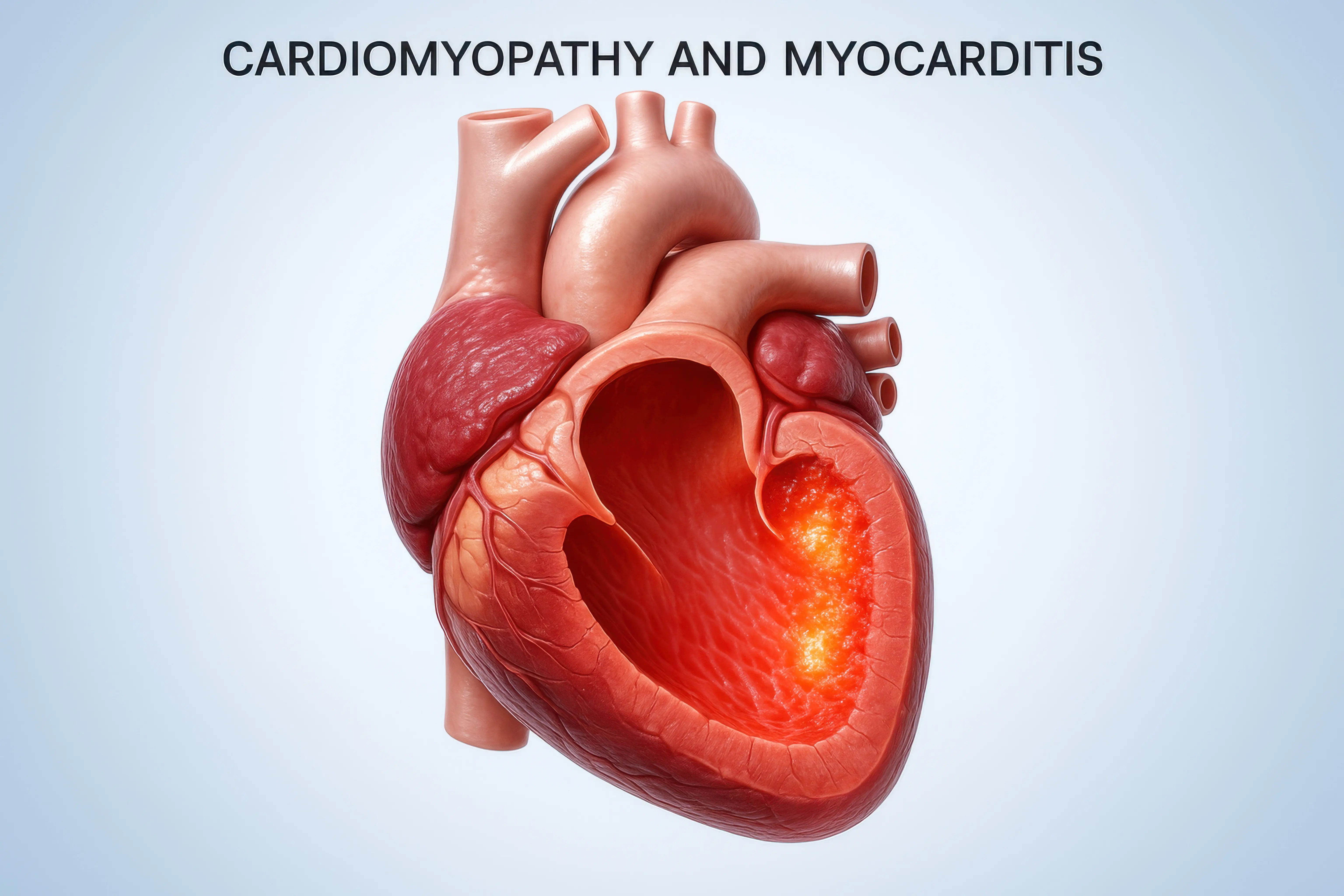- male
- 60 Years
- 22/01/2025
I had an angioplasty on February 14th, and they did it through my right arm. It's still hurting, and I can't stretch it properly. I've taken painkillers, but the pain just wont go away. What can I do about this?
Answered by 1 Apollo Doctors
Its common to experience pain and discomfort in the arm after an angioplasty, especially if the procedure was done through the arm. I recommend following up with your doctor to ensure there are no complications. In the meantime, gentle stretching and using a warm compress might help ease the pain.
Dr. Ranjith Suggests...
Consult a Cardiologist
Answered 04/07/2025
0
0

More Cardiology Health Queries
View allWhat is the normal BP by age?
For kids- 100/70mmhg, Adults- 120/80 and above 45 yrs- 130/80
Answered by 1 Apollo Doctors
I'm feeling really confused and worried. Last year, my echocardiogram showed diastolic dysfunction, but when I did it again this year, it showed everything was fine with no sign of it. I'm trying to understand if diastolic dysfunction can reverse itself? I read online that it usually happens to older people, but I'm not that old and my blood pressure, sugar, and thyroid levels are all normal. Why did this happen to me, and should I be worried about it?
Your present echocardiogram is normal, previous report may reflect your clinical condition on that time. At present your reports are within normal limits.
Answered by 1 Apollo Doctors
I'm a bit worried about my recent ECG results. It says I have a normal sinus rhythm but also an incomplete right bundle branch block and that its borderline ECG. Is this something serious I should be concerned about? I've done an ECG twice now, and I'm attaching both for your review. Could you help me understand what this means for my health?
take treatment
Answered by 1 Apollo Doctors
Disclaimer: Answers on Apollo 247 are not intended to replace your doctor advice. Always seek help of a professional doctor in case of an medical emergency or ailment.

_4.webp)
_3.webp)


